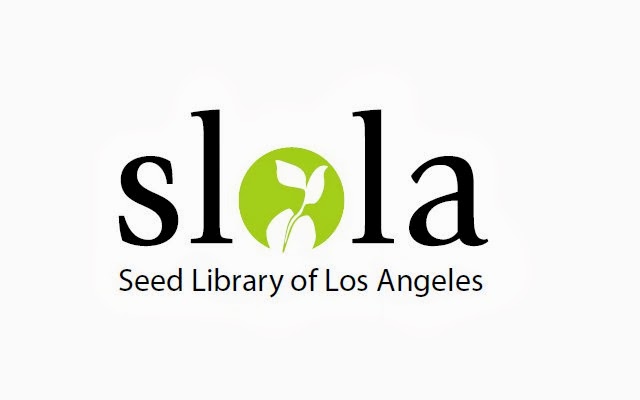Essentials of Seed Saving
Generations before we arrived on scene, understood the importance of saving seeds. It was an essential part of the lives of all our ancestors. This vital connection was lost as we began to purchase our seeds from seed sellers. In recent times, the specter of GMOs and monster corporations controlling the seeds they created and the very real prospect of seed corporations having control over our food supply.
Saving our own vegetable biodiversity today provides us
- those old open pollinated varieties that taste good.
- a wider range of vegetable varieties and more control over what we can have.
- a closer participation in the cycle of life. In our gardens.
- a hedge against personal financial misfortune.
- a safeguard against food shortages.
- our own way to mitigate against climate change and it's impact on agriculture.
- the means to fight our shrinking biodiversity.
 The final class is a hands on lab, people who have had this series before are invited back for the last class because the lab is always different depending on what is going to seed in the garden.
The final class is a hands on lab, people who have had this series before are invited back for the last class because the lab is always different depending on what is going to seed in the garden.
Upon completing this short course, participants will know why we urgently need to learn how to save seeds, the basics of saving most vegetable seeds, optimum conditions for seed preservation, how to preserve the genetic lines of differe
nt types of seed and short-cuts and tips from someone steeped in the seed saving ethic. New in 2012: the course will have an added workshop component!
nt types of seed and short-cuts and tips from someone steeped in the seed saving ethic. New in 2012: the course will have an added workshop component!
David King began his time in the garden at his Grandfather's knee in northeast Kansas. He has been an avid gardener for most of his life and has taught gardening and horticulture at UCLA Extension and UC Cooperative Extension. He has been with The Learning Garden at Venice High School for over ten years and is the Chair of the Seed Library of Los Angeles. He has written the LA Garden Blog for over three years as well as several columns for periodical publications. A course of information, delivered with passion and humor is guaranteed
.
.
We have limited seating, reserve your space now!
Dates for the
Fall series are : October 25th, November 1st and 8th. All three classes comprise one offering, each class builds on the previous lecture. The classes are 6:3 to 8:00 PM. We will meet at The Learning Garden and move to an indoor lighted space.
Prices: $35 from now until October 18th, $45 until the 25th and $55 at the door. Deduct $10 if you are a SLOLA member. If you are not a SLOLA member before, you are one once you register.
Dates for the
Fall series are : October 25th, November 1st and 8th. All three classes comprise one offering, each class builds on the previous lecture. The classes are 6:3 to 8:00 PM. We will meet at The Learning Garden and move to an indoor lighted space.
Prices: $35 from now until October 18th, $45 until the 25th and $55 at the door. Deduct $10 if you are a SLOLA member. If you are not a SLOLA member before, you are one once you register.
| Date Enrolled |


